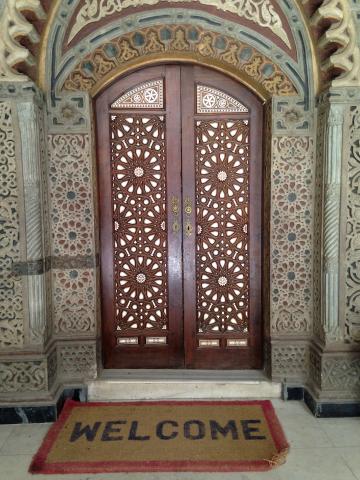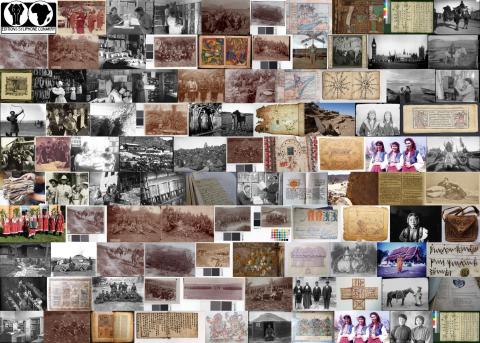
Aims and objectives
The Mzab oases in southern Algeria have been a refuge for Ibadism (a branch of Islam) since the destruction of the Rustamid State in North Africa by 909 AD. The Mzab became the centre of scholarship on Ibadism, with links between North Africa and the Middle East and sub-Saharan Africa. Mzab has therefore been an important hub for both scholarship and trade, where written documentation has been highly valued because it was the means by which links between the scattered Ibadi communities were maintained. The materials targeted in this proposal have not previously been used. They concern the slow disintegration of Ibadi communities in the Sahara , the integration of the Mzab in Ottoman Algeria, the shift from the transsaharan trade to temporary migration to the North, and the extent to which Mzab maintained itself as a major relay point in the transsaharan trade until its decay. The materials are valuable to intellectual history, particularly the relations of Mzab intellectuals to other places in the Sahara and beyond, especially before the age of colonialism. This pilot project is targeting new sources in one of the seven cities of the Mzab: Beni-Isguen.
The documents being targeted are dispersed in private libraries, collections, and boxes which have been passed down from generation to generation. They are at risk of permanent damage and loss if someone decides to give away, either by ignorance or by necessity, their inherited collection. There is an urgent need to locate, list and preserve, through digitisation, such documents.
Fortunately, people in the Mzab are very aware of this situation. The foundation of the Association for Patrimony in the mid 1980s is an indicator of this awareness and the Abu Ishaq Tefayech Association for the Service of Heritage is another active and dynamic association in the field of the preservation of archives. The aim is to undertake a survey, report on the condition of the documents, and plan a strategy for preservation and eventually for digitisation. Where appropriate, selected digitisation of particularly endangered manuscripts will be done.
The target of this pilot project is the town of Beni-Isguen, where there are numerous private collections belonging to descendents of Ibadi scholars and traders. The physical condition of the materials ranges from well-preserved to completely neglected manuscripts, resulting in fragments of documents containing information about trade, accounting, private correspondence. These endangered documents provide valuable information about daily life in and out of the Mzab during the 18 th and 19 th centuries. Also, there are numerous rare manuscripts, including an 11 th century profession of faith (`aqida), in Berber.
Outcomes
The metadata EAP received does not match the images and we are currently unable to make the material available.




